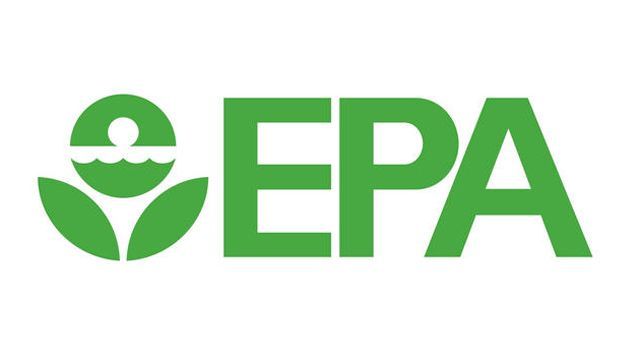
The White House wants to eliminate Environmental Protection Agency funds for water projects in Alaska Native villages. That’s according to a story in the Washington Post Wednesday (March. 1). It said the Trump administration’s plans for the EPA budget also include trimming grants to states by 30 percent and eliminating climate-change initiatives.
Alaska receives about $78 million a year in grants and contracts from the EPA, a substantial portion through the Alaska Native Villages Water Program. The money helps villages install new water and wastewater systems, so that fewer communities have to rely on unsafe drinking water and honeybuckets. The money also helps villages improve existing systems.
The EPA cuts are reportedly part of a $54 billion reduction in domestic programs the White House wants to offset an increase in military spending.
The president’s budget isn’t final yet, or public.
[“First, we have to get to the real facts,” Alaska Senator Lisa Murkowski said. “And right now we’re just operating off some … uh, suggestions.”
Murkowski chairs the appropriations subcommittee that drafts the spending bill for the EPA.
“I will obviously look to maintain those areas where Alaskans and people around the country feel it’s important ensure that we have the EPA doing its job, which is to ensure that we have clean air, clean water,” Murkowski said.
Last year, Murkowski got $20 million for the Alaska village water program, twice as much as the year before. She spoke shortly before the Post published its story. Several news outlets have reported, more generally, that the White House wants to cut the EPA budget by about 24 percent while the Interior Department would face a 10 percent cut. Murkowski said she doesn’t know if the reports are accurate.
“We do, as appropriators need to be prepared for a budget, that on the discretionary side, is probably going to look, initially, pretty aggressive,” Murkowski said.
But the president’s budget isn’t the final say. Congress ultimately decides how federal money is allocated.
The Senate today also confirmed Ryan Zinke of Montana as Interior secretary. Zinke’s simultaneous support for keeping federal lands public, and resource development on public lands has the environmental lobby unsure what to make of him. Alaska’s congressional delegation gives him high marks.
Liz Ruskin is the Washington, D.C., correspondent at Alaska Public Media. Reach her at lruskin@alaskapublic.org. Read more about Liz here.





